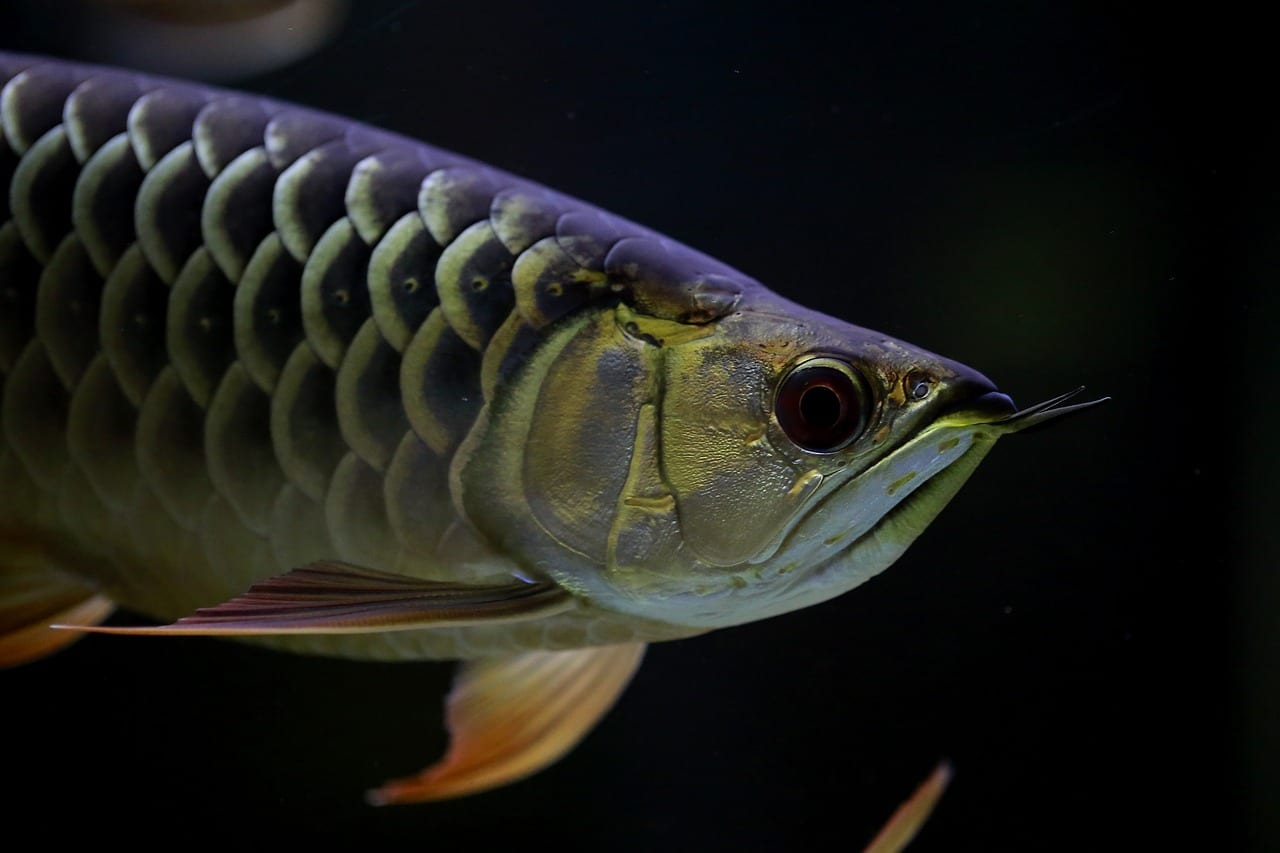Effective Ways to Care for Baby Puffer Fish in 2025
Baby puffer fish have become increasingly popular as pets due to their unique personalities and intriguing appearance. Caring for a baby puffer fish requires an understanding of their specific needs, such as habitat, diet, and social interactions. In this article, we will explore effective approaches to ensure that your baby puffer fish thrives in its environment.
The following sections will cover essential topics including tank setup, appropriate diet, maintenance tips, and understanding their behavior. By the end of this guide, you'll be equipped with the knowledge necessary for optimal baby puffer fish care, ensuring a happy and healthy pet.
Key takeaways include insights into the ideal habitats for baby puffer fish, dietary requirements, and useful maintenance tips. Let's dive into the specifics of baby puffer fish care!
Essential Requirements for Baby Puffer Fish Care
Understanding the requirements for baby puffer fish care is crucial for ensuring a healthy and happy life for your new pet. These fascinating creatures have specific needs that can significantly impact their well-being.
Baby Puffer Fish Habitat Needs
Creating the right habitat is vital for baby puffer fish. Their environment should mimic their natural surroundings, whether they are freshwater or saltwater species. Baby puffer fish thrive in aquariums with clean, well-filtered water, ample space to swim, and decorations that offer hiding spots. The use of live plants can also enhance their habitat.
Make sure to maintain water conditions within their preferred temperature range, as fluctuations can lead to health issues. Regular water testing and changes are essential in providing a stable environment.
Setting Up a Baby Puffer Fish Tank
When setting up a baby puffer fish tank, consider factors like tank size and filtration. A minimum tank size of 20 gallons is recommended to give your baby puffer fish enough space to grow. An effective filtration system is critical to keep the water clean and clear of harmful toxins.
Incorporating decorations such as rocks and plants can create safe spaces for your baby puffer fish to explore. Ensure there are no sharp edges, as these fish are prone to injury. Tanks should also feature areas of varying light and shadow, mimicking natural light conditions.
Water Conditions and Temperature Control
Maintaining proper water conditions is essential for the health of your baby puffer fish. They thrive in stable environments, with a pH range of 7.0 to 8.0. Regular testing using kits can help manage these levels.
Temperature plays a significant role in their well-being. Baby puffer fish generally prefer temperatures between 75°F and 80°F (24°C - 27°C). These can be controlled using aquarium heaters and should be regulated closely especially in fluctuating seasons.
Understanding Baby Puffer Fish Diet and Nutrition
Feeding your baby puffer fish the right diet is integral to their growth and health. Puffer fish are known to be carnivorous, requiring a protein-rich diet for optimal development.
Baby Puffer Fish Feeding Guide
Baby puffer fish should be fed a diet consisting primarily of high-quality pellets, frozen or live foods such as brine shrimp, and bloodworms. It is essential to vary their diet to prevent nutritional deficiencies. Observing their feeding habits can help you adjust portions appropriately.
Baby puffer fish should be fed small amounts multiple times a day rather than a large meal once a day. Keep a close watch on their body size and adjust feeding to avoid overfeeding.
Food Types and Nutrition
Understanding baby puffer fish food types will help ensure a balanced diet. Look for specialized puffer fish pellets that include essential nutrients. It is also advisable to supplement their diet with occasional treats like crab or filter-feeding shrimp. This not only offers nutrition but stimulates their natural hunting behavior.
Monitoring their diet closely can help in identifying any signs of distress related to feeding. If your baby puffer fish refuses food or displays unusual behavior, this could indicate a potential health issue.
Common Feeding Mistakes to Avoid
A common mistake in baby puffer fish care is overfeeding. While it's tempting to ensure they eat enough, puffer fish can easily become overweight, leading to serious health problems. Another mistake is offering a limited variety of food, which can lead to malnutrition.
Ensure that you’re providing balanced nutrition with a mix of foods and monitor portion sizes to avoid health complications. Regularly review their growth and adjust feeding strategies accordingly.

Monitoring Baby Puffer Fish Health
Keeping an eye on your baby puffer fish’s health is essential to catch potential problems early. Regular monitoring can help ensure a long lifespan and a joyful experience as a pet owner.
Signs of Health Issues
Familiarizing yourself with the signs of possible health issues in baby puffer fish is critical. Symptoms may include changes in behavior, lack of appetite, unusual swimming patterns, or visible signs like discoloration or lesions on their body.
Early detection through observation allows for prompt action, improving chances of recovery. Consulting with a veterinarian who specializes in aquatic animals is advisable should you notice any concerning changes.
Best Practices for Baby Puffer Fish Health Care
To maintain optimal health, adhere to best practices in care. Regular water testing and maintenance are crucial. Healthy water conditions will help fend off diseases. Implement a strict cleaning schedule for your tank to prevent algae buildup and harmful bacteria growth.
Providing enriched environments with toys and hiding spaces can reduce stress and promote natural behaviors, enhancing their overall health.
Preventing Diseases
Preventing disease in baby puffer fish involves understanding their specific needs and environments. Quarantine new fish before introducing them to an existing tank to avoid transferring diseases. Also, consider using medication as a precaution during stressful periods such as tank changes or environmental shifts.
Regular health check-ups can go a long way in ensuring your baby puffer fish remain healthy and happy.
Baby Puffer Fish Personality and Behavior
Understanding baby puffer fish behavior is key to successful pet ownership. Each fish has its unique personality traits that can vary among species.
Behavioral Traits of Baby Puffer Fish
Baby puffer fish are known for their playful and curious demeanor. Many will interact with their owners and explore the tank environment extensively. Observing their interactions with toys and tank mates can provide insights into their personality.
These fish often display exploratory behavior, so providing items for enrichment in their tank is beneficial. It promotes both physical activity and mental stimulation, essential for their overall well-being.
Social Behavior and Compatibility
When considering baby puffer fish tank mates, it is vital to acknowledge their social behaviors. While some species are more aggressive, others can be kept with compatible fish. Researching their species-specific interactions can ensure a harmonious environment.
Providing plenty of space and monitoring interactions can help you identify any issues before they escalate, making for a peaceful community aquarium.
Understanding Aggressive Behaviors
Aggression can arise in baby puffer fish depending on the species and tank setup. It’s important to monitor aggression towards tank mates, especially during feeding times or territorial disputes. Establishing multiple hiding spots and territories can help mitigate aggressive interactions.
Conclusion and Key Takeaways
Caring for baby puffer fish can be a rewarding endeavor with the right knowledge and preparation. From tank setup and maintenance to diet and understanding their unique behaviors, investing time in learning about baby puffer fish needs will ensure a happy and healthy environment for your pet.
Best practices include maintaining appropriate water conditions, providing varied diets, and closely monitoring their health and behaviors. Regular engagement and environmental enrichment will enhance your puffer fish's longevity and happiness. As you embark on this aquatic journey, remember to adapt to their needs and enjoy the vibrant personality that baby puffer fish bring into your home!

